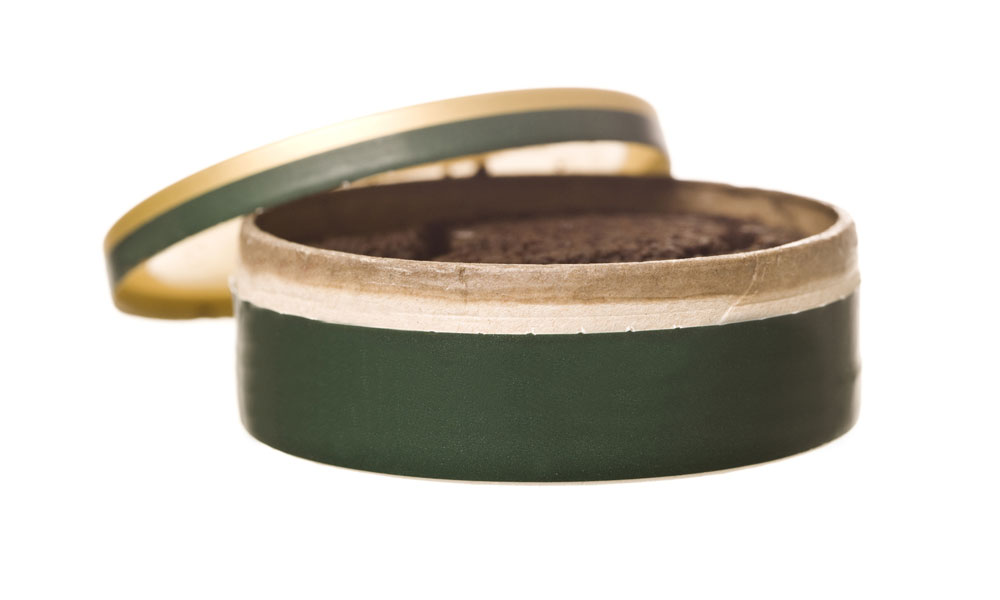
Anti-Tobacco Group Plays Small Ball, May Win Big in San Francisco
The Campaign for Tobacco-Free Kids has pushed for Major League Baseball to ban smokeless tobacco from the game for years. Now, the group is taking a grassroots approach and could score its first win this week in San Francisco.
For decades, smokeless tobacco has been as much a staple on Major League Baseball fields as hotdogs and cracker jacks are in the stands. But, in a major vote expected this week, San Francisco could become the first city to ban the substance from all baseball fields—including AT&T Park, where the defending World Series Champion Giants play at least 81 times a year.
The city’s Board of Supervisors, which unanimously voted to approve the ordinance last week, has a second, pro forma vote on Tuesday, which will move the bill to Mayor Ed Lee’s desk. If signed, the law would go into effect in time for the start of the 2016 regular season and would ban the use of smokeless tobacco products by anyone in the stadium and on the field, including visiting teams.
“It’s a tremendous step forward in the right direction,” said Kevin O’Flaherty, director of advocacy at the Campaign for Tobacco-Free Kids, the group behind the effort in San Francisco and a similar one at the state level in California. If passed, the statewide ban would apply to all five MLB stadiums in the Golden State.
“Our goal isn’t really to try to do this in every city or every state that has a Major League Baseball club—though others have expressed interest,” O’Flaherty said. “Our goal is to elevate this issue, make the league and the players realize that this is something they have to fix, and then come to an agreement to get it out of the game once and for all.”
Our goal is to elevate this issue, make the league and the players realize that this is something they have to fix, and … get it out of the game once and for all.
That’s something O’Flaherty’s group has been working on for a number of years with the Knock Tobacco Out of the Park campaign, in collaboration with several medical and research organizations. During the 2011 collective bargaining period, the groups successfully lobbied MLB and the MLB Players’ Association to ban players, coaches, and managers from carrying tobacco tins in their uniforms and from using tobacco products during televised interviews. (MLB released a statement earlier this year applauding the group’s efforts in California; the players’ association has remained quiet.)
“We were pleased with the success five years ago and really do feel that this is an important part of the smokeless tobacco problem,” said O’Flaherty. “A lot of people don’t realize this, but while smoking rates have gone down dramatically among youth, smokeless rates have stayed steady and, in fact, risen over the last 10 years among young boys. The percentage of high school baseball athletes who use smokeless tobacco is much, much higher than what it is just among the general population, and the role modeling is an important part of that.”
The campaign’s renewed push entering 2015 gained additional urgency from two tragic incidents within the last year: the death of longtime San Diego Padre great Tony Gwynn after a long battle with salivary gland cancer, and retired Red Sox pitcher Curt Schilling’s very public battle with mouth cancer.
“There’s no question that these stories really helped bring a great deal of attention to our cause,” O’Flaherty said. “What’s interesting, though, is that as much as Tony’s loss and Curt’s story have shifted the attitude around smokeless tobacco in the media and public, it’s also shifting the attitude among players who knew and played with both men and realize what the impacts are. No players have really vocally opposed this policy. In fact, lots of them are saying they think it’ll be great, and some who even use smokeless tobacco are saying they hope this helps them quit.”
He continued: “MLB knows that it doesn’t look good for the sport to be doing this and for players to continue to have this inadvertent role in addicting kids to these products that are deadly and addictive. Baseball’s a great game. We want kids to get hooked on baseball. We don’t want them to get hooked on tobacco.”
(iStock/Thinkstock)






Comments